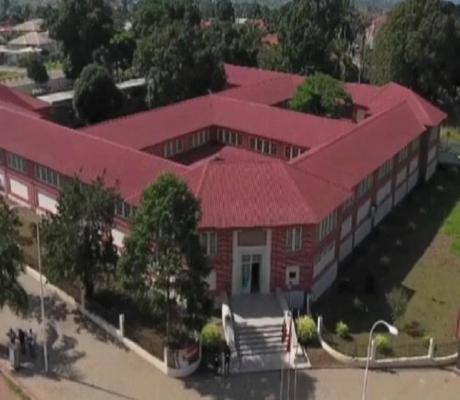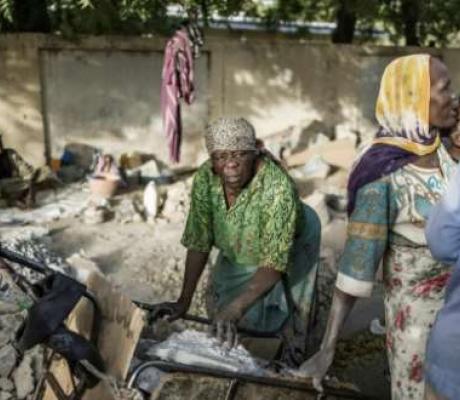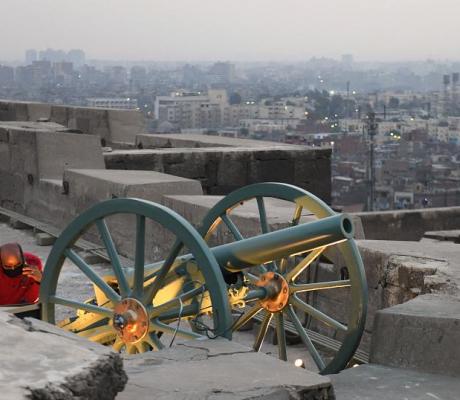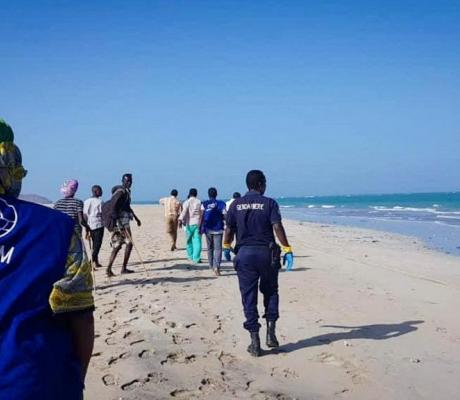The United Nations Children’s Agency, UNICEF, has condemned a Nigerian court for upholding a 10-year prison sentence with manual labour for a 13-year-old boy convicted of blasphemy.
The Sharia court in the northern Nigerian state of Kano convicted Omar Farouq in August of using foul language against Allah during an argument with a friend.
A UNICEF statement this week firmly opposed the sentence, saying it contravened core principles of children's rights and justice in Nigeria.
The U.N. children’s agency called on Nigerian authorities to immediately review and reverse the sentence.
Milen Kidane, the chief of child protection at UNICEF Nigeria, said that he case has received global condemnation, and that she is certain that it’s something that the U.N. committee on the rights of the child may even take up.
Farouq's sentence is one of several controversial cases recently passed by the state-sanctioned Sharia court.
Last month, human rights groups protested the sentencing to death by hanging of a 22-year-old singer, Yahaya Aminu, for blasphemy against the Muslim Prophet Mohammed in a song.
Human rights lawyer Martin Obono say he opposes such court rulings.
"Blasphemy is a religious affair, it has nothing to do with the state in the real sense. Sharia law is bound by people in the north and Muslims who are also signed up to it. But then again, there's a superior law which is the constitution that trumps over even Sharia law and what does that law say? It also gives you the right to freedom of expression,” Obono said.
Sharia law applies mainly in the 12 predominantly Muslim states in northern Nigeria.
Although blasphemy against Islam is theoretically punishable by death, the death penalty is rarely imposed unless approved by a state governor.
Islamic scholar Is-haq Abdulganiyy says other criteria, not the age of an offender, are considered before any judgment is passed.
"In Islam we don't count age. If that boy has reached that age of puberty, I think the Sharia court in Kano ... before they even have the judgement, they must have followed all the necessary investigations to know the boy is deemed fit to be sentences to ten years imprisonment,” Abdulganiyy said.
Kidane says UNICEF wants to appeal the court's ruling.
"UNICEF is committed to actions to revisit this judgement including through appeal, through child sensitive judiciary measures that respect the fundamental rights of the child to a fair hearing,” she said.
Blasphemy in Islam is considered a serious offense. But subjecting offenders to Sharia law continues to trigger strong opposition in other parts of Nigeria, where secular laws are more accepted.
Source: VOA






